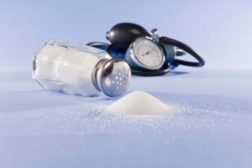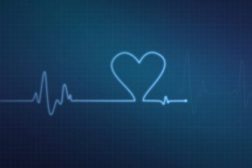Home » high blood pressure
Articles Tagged with ''high blood pressure''
Want to lower your stroke risk?
Eat lots of fruit, vegetables, whole grains and nuts
October 30, 2014
Playing college football linked with high blood pressure risk
More than half of first-year players developed high blood pressure during the season
August 2, 2013
Become a Leader in Safety Culture
Build your knowledge with ISHN, covering key safety, health and industrial hygiene news, products, and trends.
JOIN TODAYCopyright ©2025. All Rights Reserved BNP Media.
Design, CMS, Hosting & Web Development :: ePublishing






